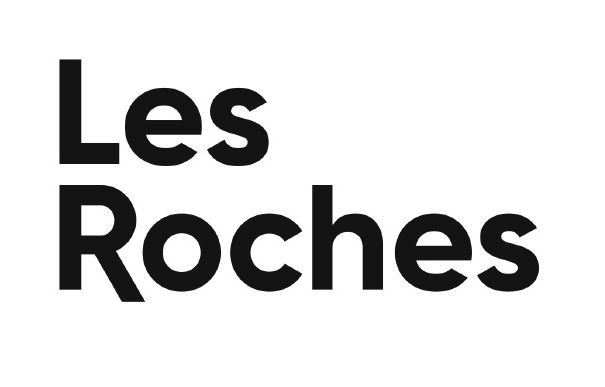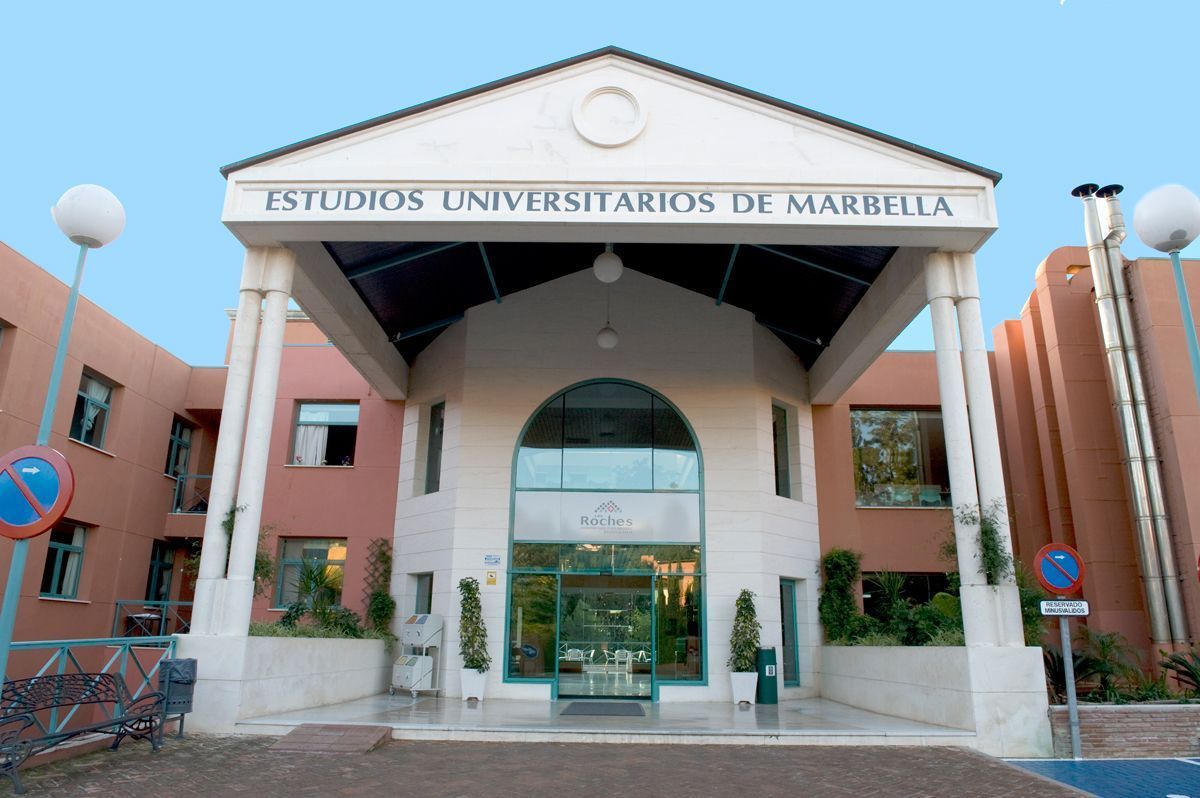Op-Ed: What is the Impact of Covid-19 on Educational Institutions?
Op-Ed by Sommet Education CIO Eric Wyttynck
Distance education is a method which has been used since the 1840s. At first, it involved correspondences via post and today it has evolved to online learning. With the computer revolution in the 20th century, e-learning has almost emerged as a new way to education and personal growth.
Today, with the outbreak of COVID-19 causing many educational institutions worldwide to close temporarily, we rely on distance learning more than we ever.
“Institutions are required to review their teaching methods by moving everything from content to classes online. Digital textbooks accessible 24/7, content accessible via online platforms, videoconferences, and online assessments are among the solutions implemented to cope with the current situation.”
As the Chief Information, Innovation and Digital Officer at Sommet Education, it is my responsibility to support our Chief Academic Officer and ensure our students can continue their academic programs despite the situation with the same level of excellence. Having closed temporary all our 9 campuses, we had to create quality content for our online learning.
Since Mid-March, both of our institutions, Glion and Les Roches, have been able to record over 2,000 videos of academic content, with 60 to 100 available each day, for students to access via Moodle, our Learning Management System.
To keep a very tailor-made and personalized approach, online Q&A sessions for small groups exchanges have also been implemented several times a day to ensure students from all different time zone can participate.
As we believe keeping classes interactive and participatory is essential to keep students engaged, we have also created virtual classes where the educator can share his screen and interact with students while sharing additional content. Video classes are shared either live and not live to help with time zone and avoid unplanned technical issues.
This method of teaching and learning which provides a high level of flexibility, requires a high level of autonomy and responsibility from students. Indeed, even if our institution provides them with full support to help them get the best learning, it is up to the students to make use of what is made available to them. We have been pleased to see a 80 to 85 percent rate of attendance with students connecting on average once per day or more.
To ensure a continuously high-quality learning system, we have created a digital task force which includes myself, the Chief Academic Officer as well as many faculty members from both schools, to regularly review all academic issues and look for the best ways to share educational materials to students.
A great concern has been raised regarding online education is about assessments. Many schools, which do not believe in online assessments due to the required level of trust needed, are still working on solutions to replace regular assessments and final exams. At both of our schools, Glion and Les Roches, many of our courses have continuous assessments throughout the semester. For written exams, we have implemented a system which allow us to verify the identity of the students taking the exam and ensure the integrity of the exam. The student is required to show his ID and his environment to a camera when starting the exam and, once it is over, the video is analysed by Artificial Intelligence which allows us to flag any suspicious behaviour.
 To enable students to make the most out of their remote learning period, we have implemented small group sessions coached by experts in Revenue Management, Hotel Valuation and Spa Management. The complimentary courses are designed to meet the needs of the industry and they will allow students to obtain 4 professional certificates in addition to their academic degree.
To enable students to make the most out of their remote learning period, we have implemented small group sessions coached by experts in Revenue Management, Hotel Valuation and Spa Management. The complimentary courses are designed to meet the needs of the industry and they will allow students to obtain 4 professional certificates in addition to their academic degree.
Moreover, we have also created an exceptional series: “Leading Hospitality Through Turbulent Times”, which give our students the opportunity to attend interactive sessions hosted by both of our faculties and featuring global leaders from hospitality, finance, luxury and other key sectors. From panel discussions and individual guest speakers, to webinars and Q&A sessions, students will be able to attend different courses every week to gain expert knowledge on how to lead hospitality during turbulent times, together with numerous great insights they can use to better prepare themselves for their future careers.
“With new technologies such as Artificial Intelligence (AI), Virtual Reality (VR), and Augmented Reality (AR), the number of possibilities to make online learning effective as well as entertaining is limitless.”
For instance, virtual reality has proven itself as an impressive learning tool that can make teaching fun and engaging. Instead of teaching students history from a textbook, they can just put on the VR headset and experience it for themselves. For instance, we are currently experimenting the use of virtual reality in virtual campus visits as an alternative to Open Days. At Sommet Education, we made sure the systems which have been implemented in the past month can be used in the future to support the traditional educational method.
Our vision of digital learning has been clearly expressed in our white paper on the Top Trends in Education for 2020.
Digitalization has been foreseen as a trend shaping the education but now it has become a necessity with the crisis being a catalyzer of the digital transformation in the education world.
To provide our students with the best tailormade experience, we make sure to embrace the best of both, the ‘real’ and ‘virtual’ worlds.
Eric Wyttynck
Chief Information, Innovation and Digital Officer
Sommet Education
Eric Wyttynck spent a significant part of his early career with Accenture. From 2000 to 2010, he managed and implemented IT, CRM and roadmap systems for FMCG clients such as Carrefour, Casino, Venteprivée.com, Simply Market and FNAC as Senior Manager.
He later moved to Infosys to set up the organisation’s newly created Front Office activities in France. In 2011, Eric joined AccorHotels as Senior Vice-President Customer Service, E-Commerce, Architecture and Innovation on a B2B and B2C level.
In 2015, he was appointed Chief Technology and Innovation Officer, managing different IT teams and a staff of 150 people. In this role, he led the digital transformation of AccorHotels, developing new IT and CRM systems to support and enrich the digital customer journey. He was also in charge of the digital post-merger integration of Fairmont, Raffles and Swissôtel into the AccorHotels Group.
In July 2017, Eric was appointed Chief Information, Innovation and Digital Officer at Sommet Education.
A trained civil engineer from Hautes Etudes Industrielles (HEI) in Lille, Eric holds a master’s in business Consulting from Ecole Supérieure de Commerce de Paris (ESCP).







